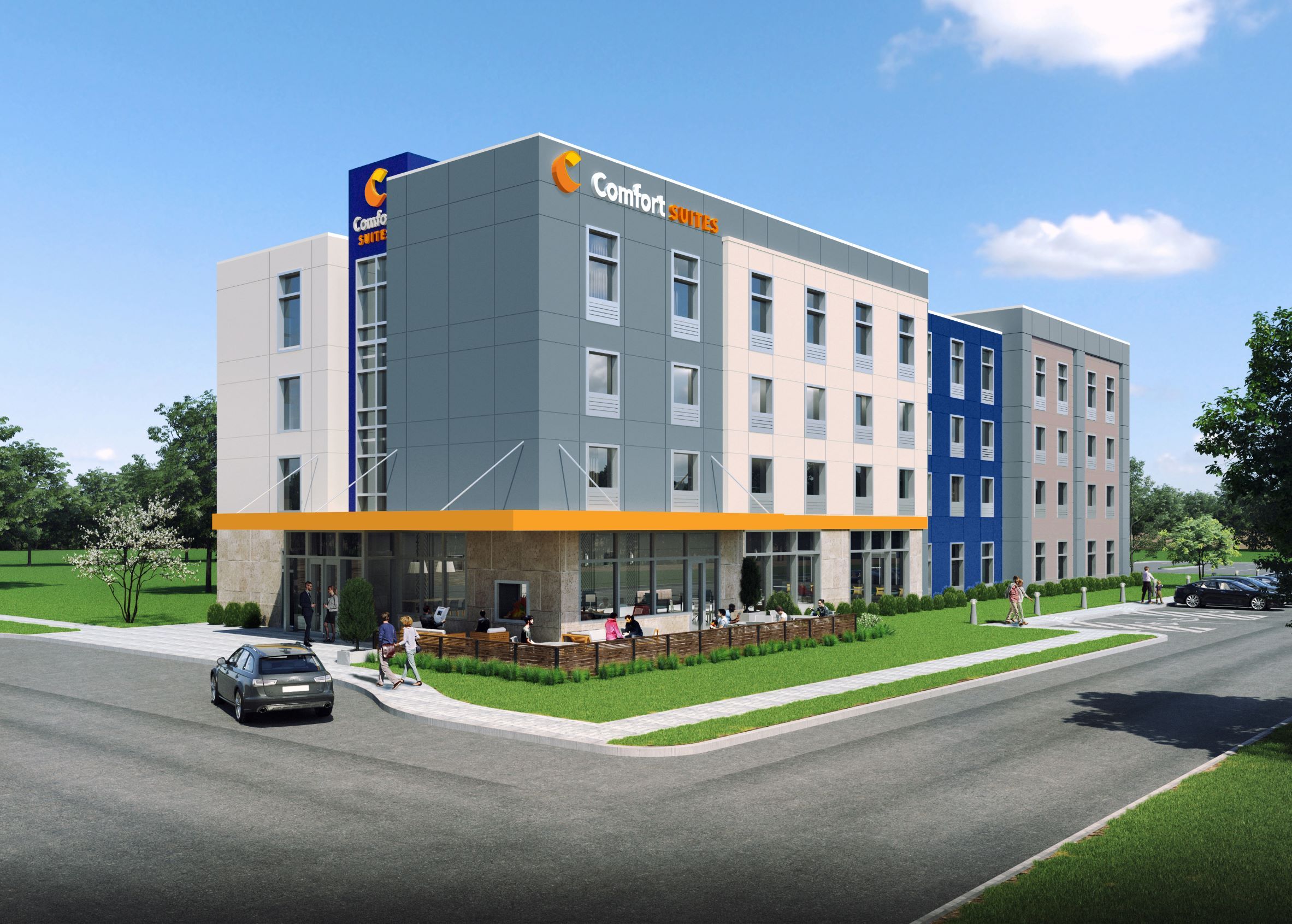
Automation Tech Needed Now
By Larry and Adam Mogelonsky | November 3, 2021
In the face of the Delta Variant and so much prolonged uncertainty over the future of global travel recovery, hotels need technology more than ever to survive.
We all know their myriad advantages in today’s world, including the ability to make more data-driven decisions, increasing social distancing for guest safety, heightening service delivery through deeper integrations and enabling remote work to keep managers engagements.
But above all, we should focus on automation because it is becoming quite clear that maintaining full staff levels is a hard nut to crack for the following reasons:
- Numerous workers have permanently left the industry as a result of COVID-19 and the furloughs;
- There are several macroeconomic forces at play that are requiring hotels to pay a significantly higher wage in order to recruit new labor;
- Maintaining workers in high-touch positions to prevent sizeable turnover requires substantial monetary and non-monetary compensation that hotels cannot often afford;
- All the additional training necessary to meet the new governmental safety guidelines disincentivizes new candidates and demotivates current employees.
We need solutions to address this labor shortage, lest our service levels suffer and, worse, we won’t have the operational bandwidth to implement new initiatives. Let’s unpack this a bit further and also deduce some ways that technology can help mitigate the issue—both involving automation and simply a smarter use of the current platforms.
When Do Hoteliers Think?
The problem with all the lean teams created during the pandemic is that, by clustering all the daily minutia into a few select personnel, those individuals aren’t left with any prolonged chunks of time to think and devote their focus to projects that will advance the business beyond steady-state management—to do the ‘deep work’ as it is known.
Compounding this new model of continuously interruptive workflows is the fact that, coming out of the pandemic, many hotels have opted to keep their teams lean, regardless of macroeconomic labor conditions. So, if skeleton crews can be assumed to be semi-permanent going forward and we know that this in turn creates a problem insofar as creating too many short, immediate and coordinative tasks, the solution is to then look at both the cultural shifts and technological tools that will help to protect managers’ time from all these somewhat toxic attention dividers.
Fewer and Better Meetings
As a quiz question, how much time is wasted on a five-person video call when four members are left waiting eight minutes for the fifth manager to join? The answer is 32 minutes of lost productivity!
Now think of other wastes of time and how they can accumulate. How much short-burst time is spent in endless email chains coordinating a one-off meeting time? Coming out of a meeting, how do you ensure that everyone knows their exact responsibilities and due dates?
To start, we advocate fewer meetings overall. Additionally, lots of calendar systems can help with coordination by setting up recurring timeslots and attaching collaborative agendas so that everyone stays on track. Importantly, there should be an easy way for any attendee who isn’t a major participant to opt-out and get access to a recording or minutes on a cloud-based work management system so that all this never devolves to crowding an email inbox.
Email Reduction Platforms
Back and forth email correspondence with guests is a great way to boost service. It’s also highly interruptive when your lean team has 10 other matters on its plate that need dedicated stretches of concentration. The solution, in a word, is chatbots.
The deployment of chatbots allows your guest services team to automatically offload all basic inquiries and reservation requests so that managers are only looped in when it’s a more complex situation or error escalation event. Second to this would be a solid and well-connected operations management system that can seamlessly deliver all the necessary service tasks to the appropriate staffer without ever notifying a manager unless it’s required.
The Biggest Cost is Your Time
To restate, perhaps the biggest benefit of automation is that it saves your team from a barrage of interruptive emails or texts that prevent managers from focusing for a solid hour on a singular project. The obstacle to implementing all of these technologies is that it is difficult to quantify the ROI.
This requires a cultural shift at the highest level. While time savings may not immediately translate into a discernable ROI figure, our hope is that an understanding of how important time savings are will suffice to elucidate the dangers of constantly distracting your managers with the everyday tasks of running a hotel.



![Shahid javed[1]](https://www.hotelinteractive.com/wp-content/uploads/2023/05/Shahid-Javed1-scaled-390x220.jpg)


Get involved!
Comments